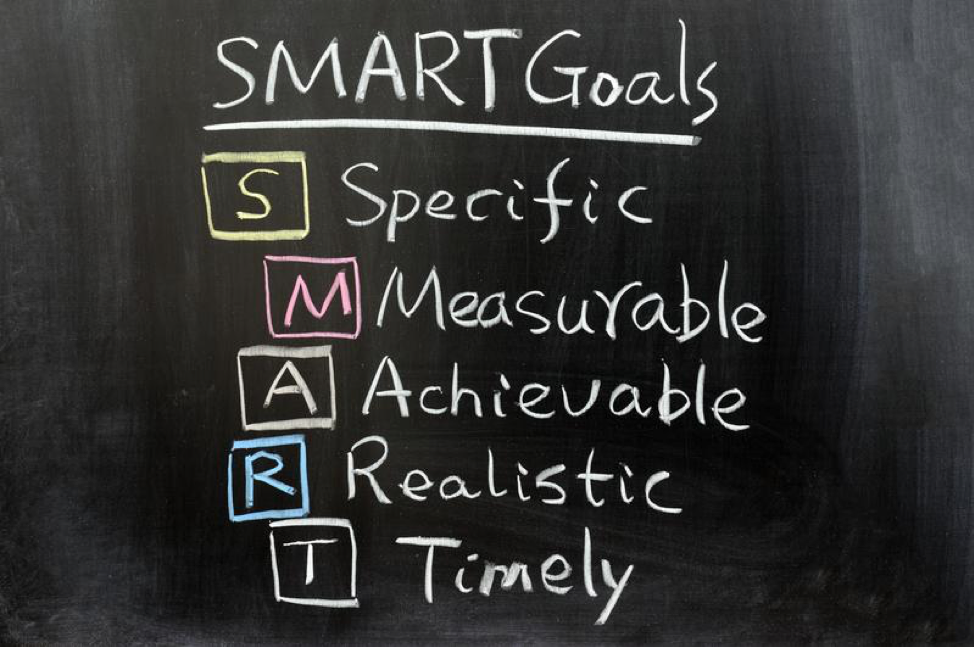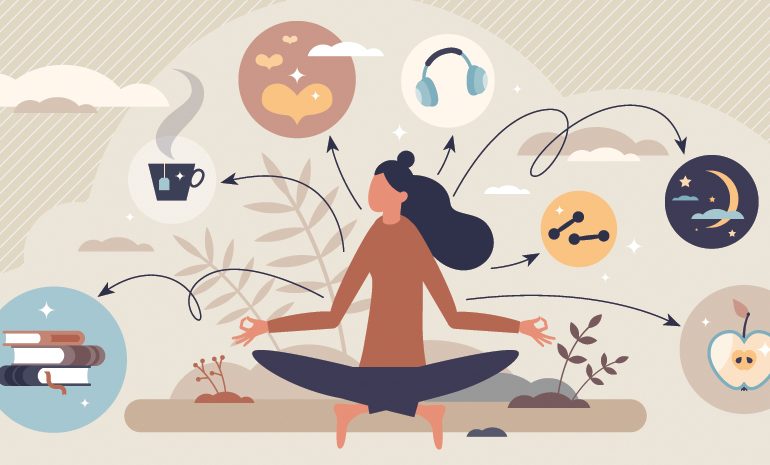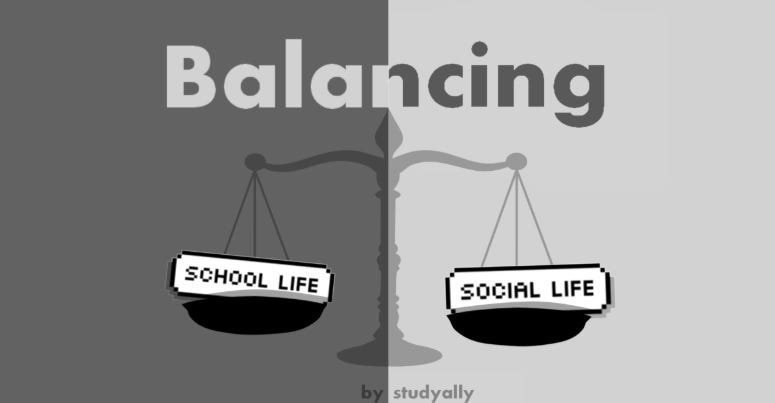The journey through academia is a challenging yet rewarding experience for students. Caught in the whirlwind of lectures, assignments, and exams, it’s easy to lose sight of the importance of maintaining a healthy social life. Striking a balance between academics and social commitments is crucial for personal
growth and overall well-being. In this article, we’ll delve into the significance of finding the sweet spot between academic responsibilities and social engagements, exploring strategies to
achieve this delicate equilibrium.
Academic pursuits demand time, dedication, and mental energy. The pressure to excel in examinations, submit flawless assignments, and maintain high grades can be all-consuming. While academic success is undoubtedly important, an imbalanced focus on studies alone may result in missed opportunities for personal development and social connection.On the flip side, a vibrant social life contributes significantly to a student’s personal growth. Engaging in social activities provides a break from the academic rigors, offering moments of relaxation and rejuvenation. Social interactions foster communication skills, teamwork, and emotional intelligence—qualities that extend far beyond the classroom and into the realms of future personal and professional success.
STRATEGIES FOR BALANCING ACADEMICS AND SOCIAL LIFE

- Prioritize and Plan Ahead
Time management is a crucial skill for any PhD student. Make a weekly schedule that allocates specific time blocks for your research, classes, and social activities. Prioritise your academic responsibilities while also setting aside dedicated time for social engagements. Effective planning helps prevent last-minute rushes and reduces stress, allowing you to engage in both realms without
compromising either.

2. Set Realistic Goals
It’s essential to set achievable goals for both your academic and social pursuits. Establish short-term and long-term objectives for your research and studies, and similarly, outline goals for maintaining a healthy social life. Realistic goals prevent burnout and create a sense of accomplishment, ensuring you enjoy your academic journey without neglecting personal connections.

3. Embrace the Power of Networking
Your academic and social lives need not be mutually exclusive. Participate in conferences, seminars, and workshops not only for academic growth but also to connect with fellow researchers and
students. Networking can lead to both professional collaborations and friendships that enrich your overall experience.

4. Efficient Work Habits
Efficiency in your work habits can provide you with more time for social activities. Set specific work hours, avoid multitasking, and eliminate distractions during those hours. When you complete tasks efficiently, you’ll have more flexibility to engage in social interactions without compromising your research quality.

5. Engage in Group Activities
Look for group study sessions or research groups that align with your interests. Engaging in collaborative activities allows you to work on your academic goals while also interacting with peers.
These interactions provide a balance between focused academic discussions and the camaraderie of shared experiences.

6. Learn to Say No
While it’s important to engage in social activities, it’s equally vital to recognise your limits. Politely decline invitations when you need to focus on a crucial research deadline or an exam. Learning to
say no when necessary will help you maintain your academic standards while still participating in enjoyable social events.

7. Utilise Breaks Wisely
Breaks are an integral part of maintaining a balance between academics and social life. Use them to relax, rejuvenate, and engage in brief social interactions. Whether it’s a short coffee
break with a friend or a quick chat in between tasks, these moments can help you recharge and boost your overall productivity.

8. Incorporate Self-Care
Balancing academic and social life also requires taking care of your physical and mental well-being. Engage in regular exercise, practice mindfulness, and ensure you get enough sleep. A healthy mind and body contribute to both your academic success and your ability to enjoy social interactions.

9. Flexibility is Key
Recognise that your schedule might need adjustments from time to time. Unexpected academic demands or social opportunities may arise. Embrace flexibility and adaptability, allowing yourself to seize exciting moments while managing your commitments effectively.

10. Reflect and Adjust
Regularly assess your academic progress and social engagement. Are you meeting your goals in both areas? Are you feeling fulfilled and balanced? If not, don’t hesitate to make adjustments to your approach. Reflecting on your journey and being open to change can help you fine-tune your balance over time.











